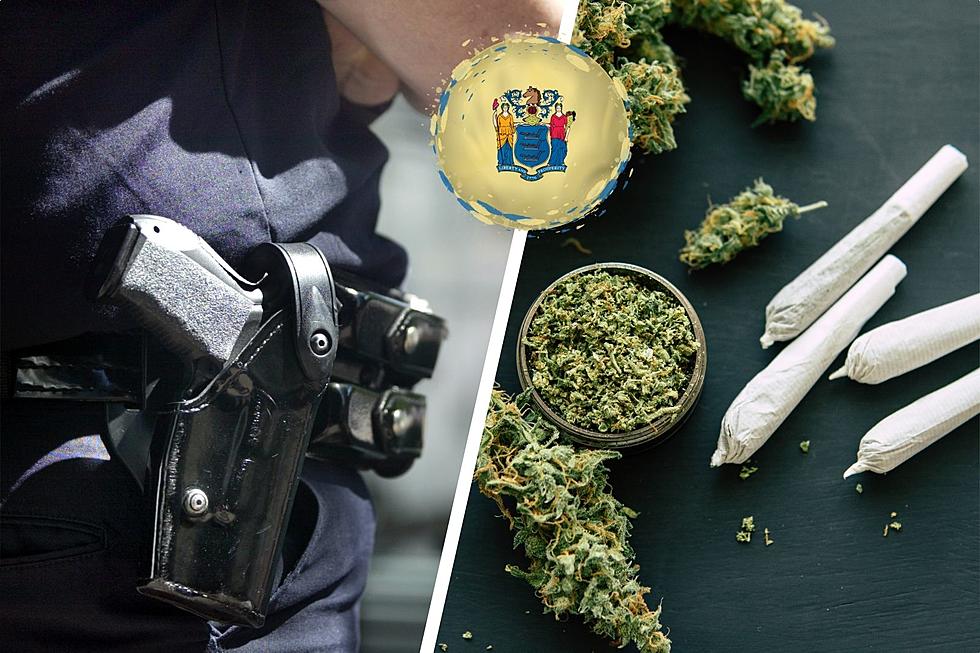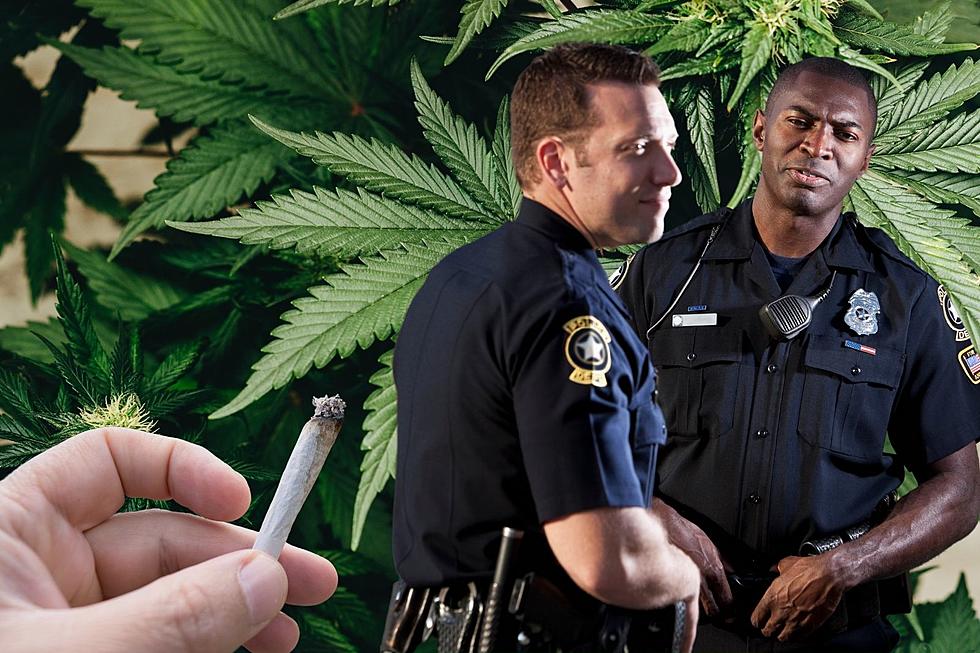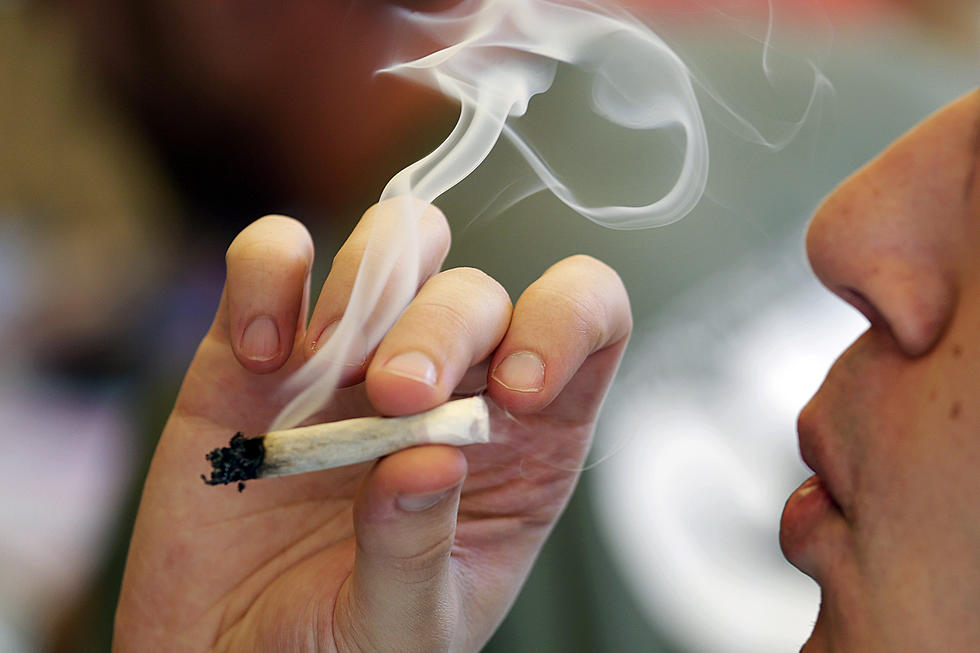
1 in 2 millennials in NJ have an STD. Will $4.4M campaign help?
Rates of sexually transmitted diseases are on the rise in New Jersey, and the state Health Department is spending $4.4 million on a campaign to reverse what is a national trend.
At a budget hearing Thursday, Health Commissioner Cathleen Bennett said New Jersey’s campaign includes testing, treatment, outreach to providers – and primary prevention through social media campaigns, where younger people absorb information.
“One in two sexually active 15- to 25-year-olds will get an STD unless they take action to prevent it,” Bennett said.
Senator Jeff Van Drew, D-Cape May, called that statistic unbelievable – but wasn’t surprised, given conversations he’s had with younger patients in his job as a dentist.
“Not from a moral judgmental point of view but just from a health point of view, you know, try to scare the bejeebees out of them a little bit,” Van Drew said.
Sen. Jennifer Beck, R-Monmouth, said a friend of her stepson told her HIV is curable and no longer something that people have to worry about.
“There’s a certain naiveté out in the younger generation that doesn’t appreciate the seriousness of some of the sexually transmitted diseases.”
Sen. Sandra Cunningham, a Democrat from Jersey City, urged Bennett to ensure the state’s education efforts focus on older residents, too.
“There is an extremely high number of senior citizens who get STDs and HIV,” said Cunningham.
“It’s interesting. I was visiting a senior citizen building. I was told that the seniors actually, the male seniors, in the beginning of the month, go downstairs and unlock the door so that the ladies of the night can come in and visit them. And this is regular practice. It happens all over the city,” she said.
Bennett said there are education efforts aimed at seniors, typically through medical providers and health clinics rather than social media.
On a separate issue, pressed for her opinion by Van Drew, Bennett said she has concerns about the prospects that New Jersey will legalize marijuana. Lawmakers plan to start debating the issue this year, though it wouldn’t become law until next year at the earliest, once Christie is replaced as governor.
Bennett said the state should look more toward programs like one used at the Paterson emergency room of St. Joseph’s Regional Medical Center, which uses alternatives such as nitrous oxide and nerve blockers to treat pain.
“So that they weren’t using opioids and they weren’t looking to something like a Schedule 1 drug, which marijuana still is, that’s illegal federally,” Bennett said.
Bennett said it would be better to keep marijuana’s use “within a medical model” and noted there are more than 11,000 active patients in New Jersey’s medical marijuana program.
Bennett told lawmakers she doesn’t yet know whether a state review panel will recommend expanding New Jersey’s medicinal marijuana program to cover more conditions, such as chronic pain. The panel met two months ago and is trying to schedule another meeting within a month, she said.
New Jersey: Decoded cuts through the cruft and gets to what matters in New Jersey news and politics. Follow on Facebook and Twitter.
Michael Symons is State House bureau chief for New Jersey 101.5 and the editor of New Jersey: Decoded. Follow @NJDecoded on Twitter and Facebook. Contact him at michael.symons@townsquaremedia.com
More From New Jersey 101.5 FM









